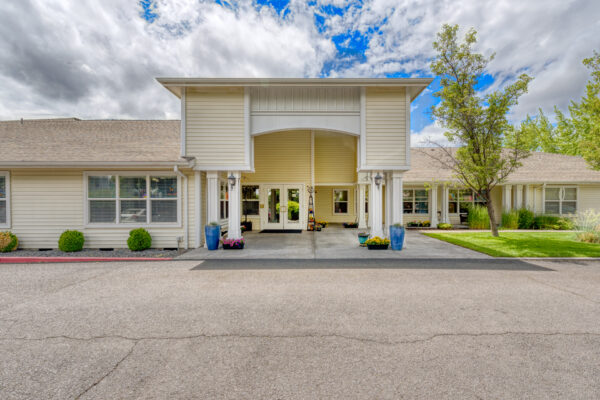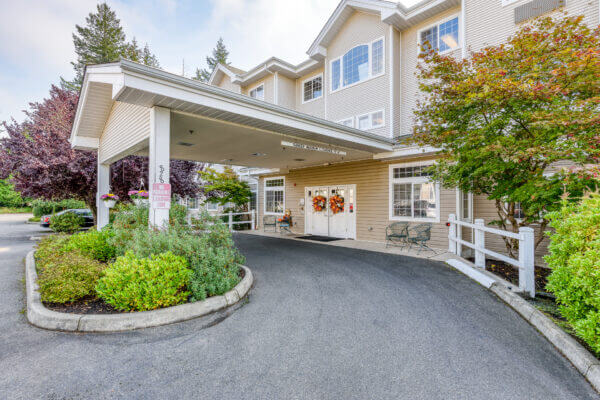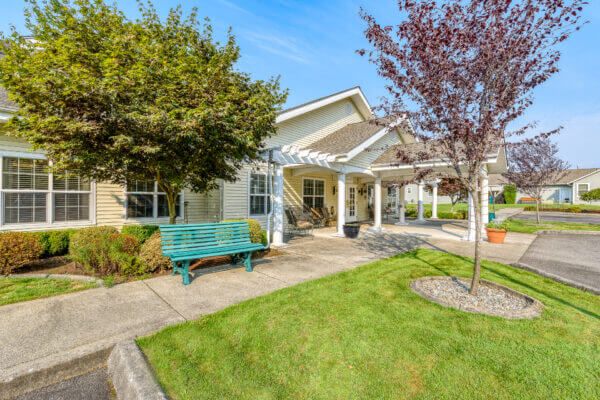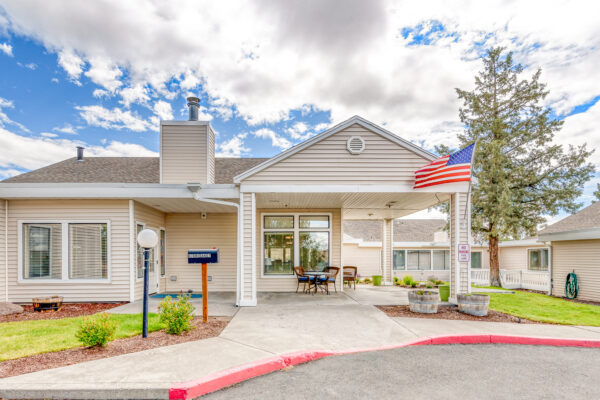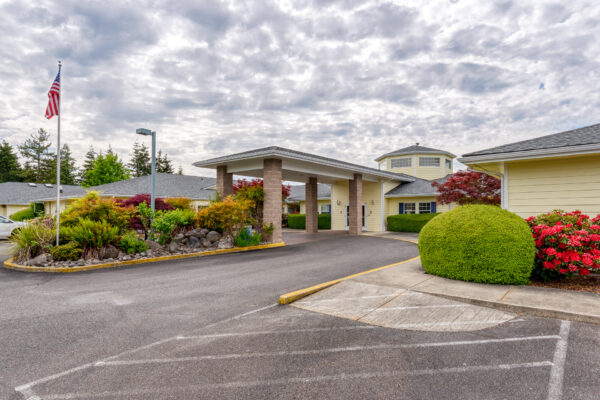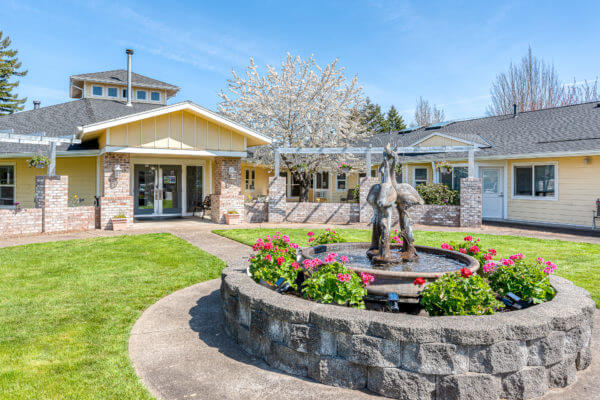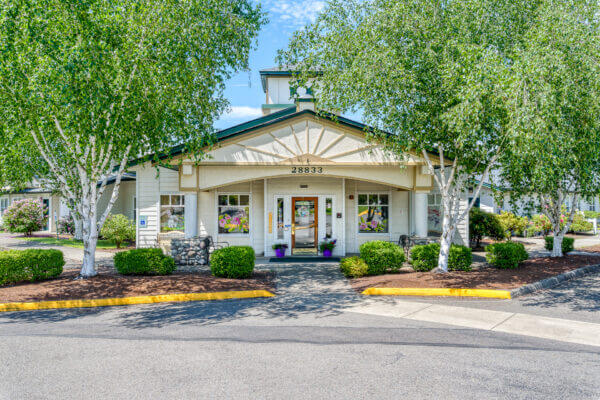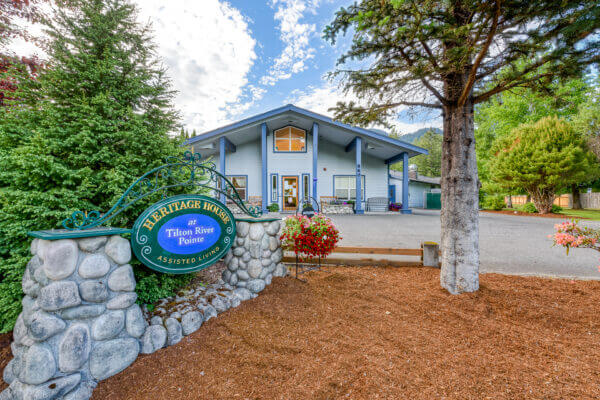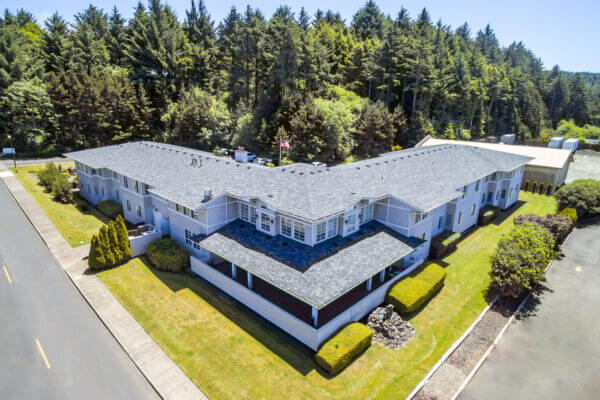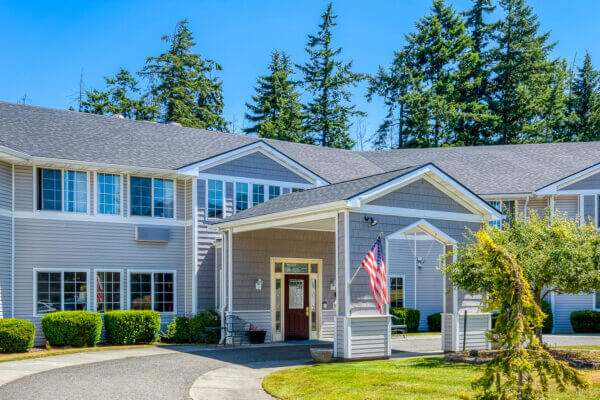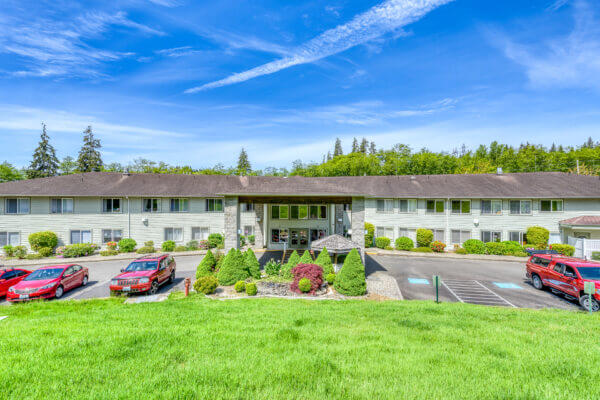As individuals age, prioritizing a safe and secure living arrangement is often necessary, though this may mean moving an individual to an assisted living home. Despite the need to relocate a loved one, it is important that seniors can keep a sense of independence and function on their own as they are able. This can be achieved through senior assisted living homes.
What Is Assisted Living?
Assisted living provides a residential living arrangement for aging individuals who require assistance with personal care needs. Seniors who need extra help to maintain personal hygiene, a satisfactory diet, or who need medication supervision can find this support in a less intrusive manner than living in a total dependence care facility like a nursing home. Residents in these facilities bring personal items and furniture to create their private or shared residence feel like home. The facility provides different levels of care according to the residents’ needs.
Medical Care
Alzheimer’s assisted living facilities are part of a larger specialized category of memory care assisted living options. When a potential resident applies for admittance to an assisted living facility, the individual is assessed for the specific care needs their condition requires. Facilities differ in what they are designed to provide, and some conditions require additional licensing and trained staff. These situations lead to differences in medication supervision, on-site therapy or exercise services, wellness programs for cognitive and physical concerns.
Personal Care
The personal care and social wellbeing of residents are just as important as the medical needs present in a facility. Various staff members are in place to support residents with daily living activities like dressing, bathing, toileting, eating, and personal hygiene. Facilities often have opportunities for residents to engage in group activities, recreational events, social services, and religious activities. Residents have their meals provided, generally in a central dining room, and the facility takes care of housekeeping, laundry, and maintenance needs in the individual’s living quarters. However, residents are encouraged to assist with these activities as they are able.
When Is Assisted Living a Good Option for Seniors?
While you would never want to take a loved one away from their home, when the level of personal care needed is more than the individual can achieve on their own, it may be time to consider transitioning to an assisted living home. Though round-the-clock care may not yet be needed, if the involvement for ensuring your loved one is eating correctly or safely bathing and taking their medication is more than you can provide, an assisted living facility can be the level of support needed.
What Are the Benefits of Senior Assisted Living?
An assisted living facility provides families with peace of mind concerning their loved one’s health and wellness, relieving the stress of juggling care into their schedule. The resident is given freedom and independence in a safe environment, and the social, physical, and mental needs of the resident are all addressed. The home-like setting is comfortable, and the care is personalized. Medications are taken correctly, and any changes in the medical condition are noticed. Your loved one can enjoy the same experience of living at home without an overwhelming burden of self-care or fear of medical emergencies.
What Kind of Care Is Provided at Assisted Living Homes?
A range of individuals make up the staff at an assisted living home, but the goals and desires of the team are to support the residents in feeling independent, safe, and happy. At Caring Places Management, our personalized, attentive care resembles what a resident would experience from close friends or family. We strive to provide a home for each resident, not just feel like one. It is a holistic approach that focuses on our residents’ physical, emotional and mental health, with particular attention provided to the cognitive challenges that come from both Alzheimer’s and dementia.
The vision, purpose, and goal of Caring Places communities is to promote independence, choice, and dignity in a home-like setting while offering assistance with only those things needed or requested by the resident and their medical professionals. We want each resident to remain as independent and active as possible and to enjoy every day in their community.
Although each community is designed slightly differently and items are changed out to best meet resident needs and preferences, programs and spaces we strive to see in every Caring Places Management Assisted Living community are:
- Card/puzzle table(s) for resident use in resident accessible spaces
- Smooth and comfortable outdoor walking paths
- Well landscaped property for enjoyable outdoor experience
- Furniture provided for comfortable outdoor seating
- Clearly labeled hallways for easy way finding
- Resident-to-Staff (“Nurse”) Call/Alert system provided
- Outdoor area where resident gardening is encouraged if desired
- Coordination for transportation through community vehicle or outside provider
- Monthly Resident Council and other open communication with Administrator encouraged to voice concerns or desires
- Area for group activities
- Area(s) for music entertainers to perform within common areas
- Access to a public, non-pay, telephone

